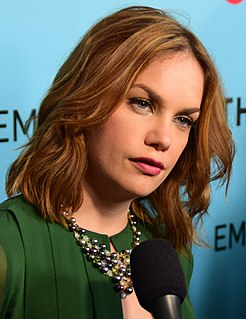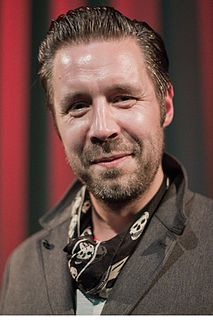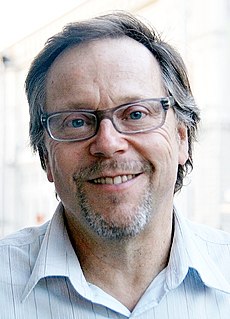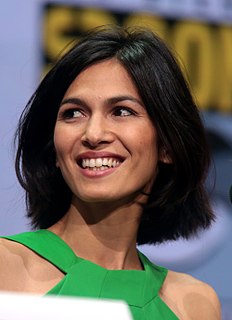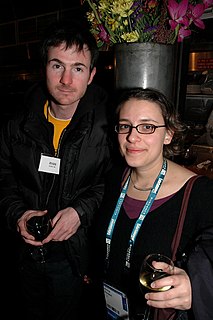A Quote by Natalie Portman
I've dealt with a few method actors, and I don't know if should say this, but I think it's a bunch of nonsense. I think it's film acting and you just have to be on when the camera is rolling.
Related Quotes
The thing I was up against in documentary films - was trying to get non-actors to convincingly play themselves in a way I'd come to know before the camera started rolling. And many non-actors can't do that convincingly, even if they just have to play themselves - they can't be naturalistic. And I would always want to recreate something I'd witnessed them do or say, and it just would be incredibly difficult because of the fact they weren't actors.
With directors, some have a kind of in-built ability to just know how to work with actors and get the best out of actors, and some don't have a clue about acting. I think it'd be a good idea if directors put themselves in front of the camera, or even went on a six-week drama course, just to know a little bit about what that feels like.
Most people assume because I'm an actor that's all I know about and care about, I'm actually a camera geek and a film geek. I grew up making short films the same time I was acting. For me, it's a motion picture, not a play. I'm just as interested in what the camera department is doing and world building through costume design and production design as I am in acting. I think all good directors do that whether they're an actor or not.
Film just chews up actors like nobody's business, and I'm not particularly interested in being chewed up. I think the camera can only look at somebody's face for so long. I guess you have to accept the roles you think are right at the time. You can build a career, but these days there doesn't seem to be that much interest in people being actors.
I think there's a lot of mythos about what's required in acting. The way that actors talk about acting is generally quite punishing, and I think actors want to put forward the idea that they do all of this work because, you know, it's a post-De Niro world, when, largely, in fact, it's almost never true.


